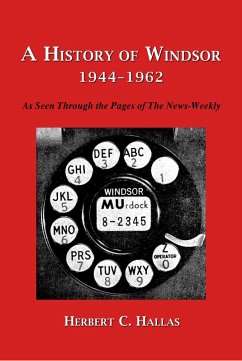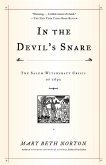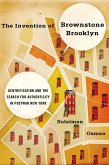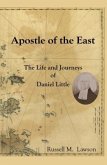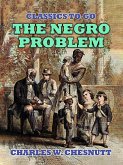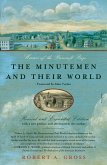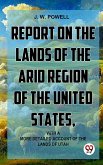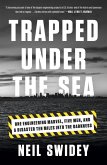Windsor, Connecticut's oldest English settlement, underwent many political, economic, and social changes between the end of World War II and the dawn of the 1960's. After over 1,000 Windsor servicemen and women returned from fighting abroad in World War II, more schools were built, new highways and bridges were constructed, new businesses opened up, the form of government was changed, and Republicans and Democrats battled for control of the town. In addition, Windsor voters and town officials had to wrestle with many other issues such as whether or not to legalize gambling in town, force entrenched interests to pay their fair share of local taxes, sue Loomis Institute to require it to admit more Windsor children, and earmark funds to replace a filthy rat infested, unheated dog pound.
In the first book of its kind, Herbert C. Hallas uses
The News-Weekly, a weekly newspaper founded by his parents, as his primary source and recounts the significant changes in the town's politics, schools, housing, businesses, and culture that occurred between 1944 and 1962. He also unveils 47 pages of chronologies of selected athletic, business, governmental, and community events, as well as 105 photographs and headlines that were published in the newspaper, and an index with 722 names.
Dieser Download kann aus rechtlichen Gründen nur mit Rechnungsadresse in A, B, CY, CZ, D, DK, EW, E, FIN, F, GR, H, IRL, I, LT, L, LR, M, NL, PL, P, R, S, SLO, SK ausgeliefert werden.

